
Senator Joe Lieberman was once asked how he found the time to observe Shabbat given his extremely busy schedule. He replied that it was Shabbat that enabled him to have the peace, and to gather the energy, to maintain that schedule during the rest of his week.
That was very much the case in my own career, which included 22 years in what some people call “one of the toughest jobs in the world” – president of a college or university.
How many college graduates even know the name of the current president of their alma mater? Not many, I would guess. One reason: the jobs turn over so quickly these days.
A recent article titled “Portrait of the Presidency: They are less experienced than ever — and eyeing the exits” pointed out that college presidents have on average been in their jobs for fewer than six years, down from eight and a half in 2006. A majority of presidents don’t expect to be in office much longer, and not because they have other presidential ambitions. Fewer than a quarter of those looking to leave are hoping to move on to another presidency. Most of the rest, it seems, have had quite enough.
Yes, a college presidency can be a challenge — with angry students eager to express their outrage, entitled tenured faculty, out-of-control parents, politicians treating you as a convenient target, and so much more. But I never regretted that career choice. The intellectual stimulation, the chance to change lives for the better, and the salary and perks make a college presidency an extraordinary experience.
Discovering the joys in your job while maintaining a sustainable work/life balance is a formula for enjoying one’s life regardless of profession. Without a grounding in your life, it is hard to keep up either your strength or your sanity, and for me, much like Senator Lieberman, that grounding comes from my Judaism.
When the inevitable challenges arose, some of my own making and some not, I would remind myself that Shabbat was never more than six days away.
During my years as a president, attending services provided an essential structure to my life. When the inevitable challenges arose, some of my own making and some not, I would remind myself that Shabbat was never more than six days away. Even when the good times were rolling (faculty winning Nobel Prizes, attracting transformative philanthropy, trips to March Madness, etc.), the humility that came from worship was invaluable.
Other college presidents would regularly note with curiosity that during a long presidency at Williams College followed by an even longer one at Northwestern, I never lost my enthusiasm for the job. I was blessed to be able to rely on a loving family and supportive friends, and on the inspiration gained from Shabbat dinners and going to synagogue. That gave me the resolve not just to face what was coming next, but to find the joy in it.
Of course, there are myriad ways to invigorate ourselves other than through religious observance. Reading great books; enjoying nature; keeping in shape; volunteering in the community; reveling in the love of friends and family; any of these can help us to savor life. But we all need something to help us thrive despite the obstacles, real or imagined, in our way. For me, those other possibilities supplemented the strength associated with faith, but never replaced it.
The discipline of building my schedule around Shabbat continues to keep me going in my post-presidential years. Having an abiding religious faith helps me approach my new life with the same sense of wonderment as in the past.
There is an old joke that a college president is like the person who mows the lawn in a cemetery – there are lots of people under you, but nobody is listening. Nonetheless, when I speak with former college presidents, many seem to miss it. They laugh when they report that few people find them as brilliant, interesting, and good looking as when they were in office. But there is a real sadness there – that life has passed them by. Faith can be a brilliant antidote to melancholy.
Hope to see you in shul.
Morton Schapiro is the former president of Williams College and Northwestern University. His most recent book (with Gary Saul Morson) is “Minds Wide Shut: How the New Fundamentalisms Divide Us.”











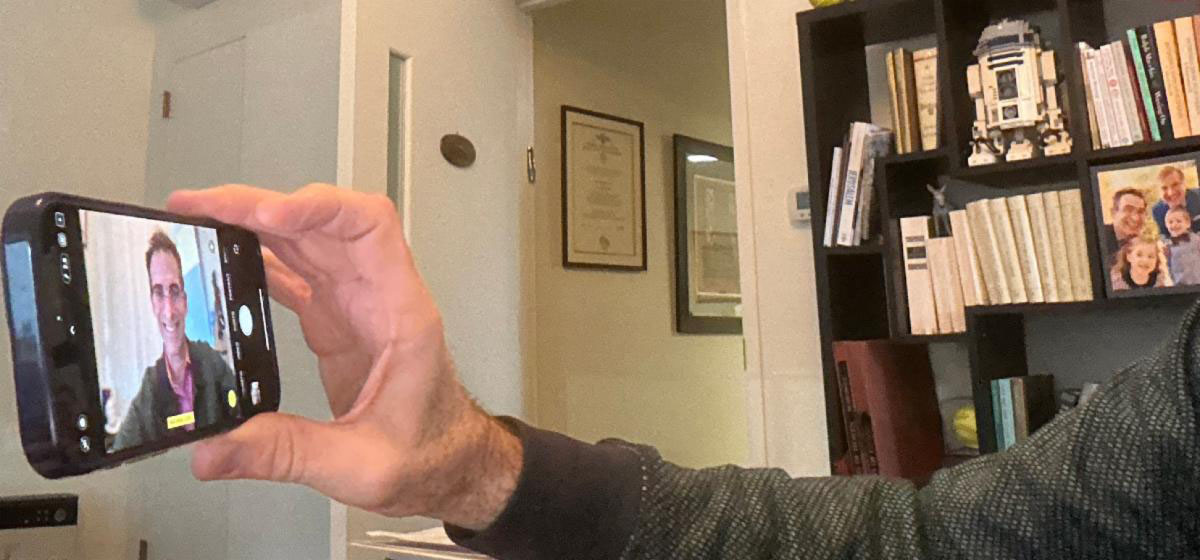

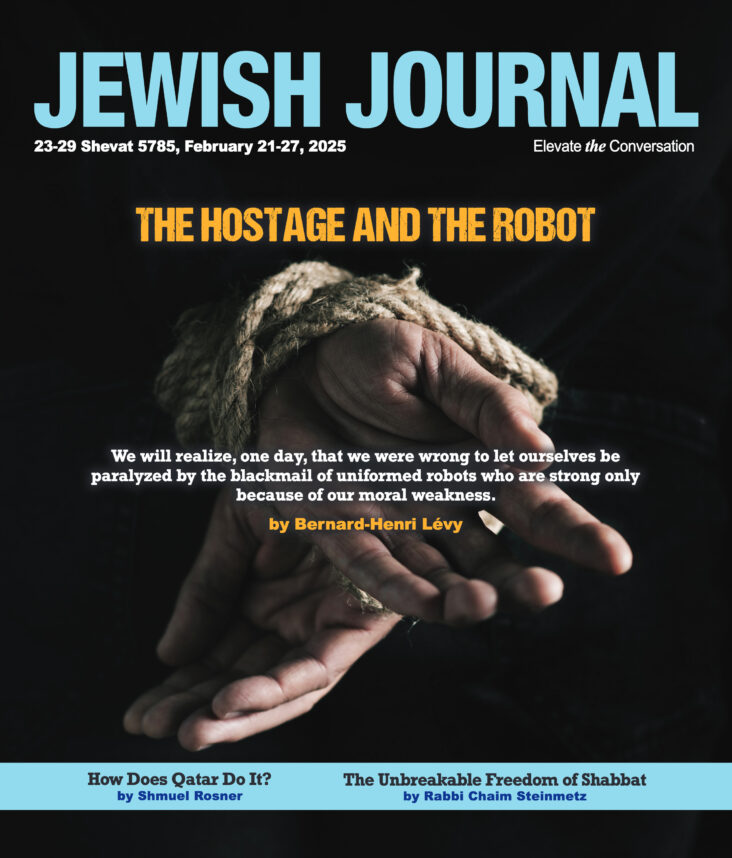

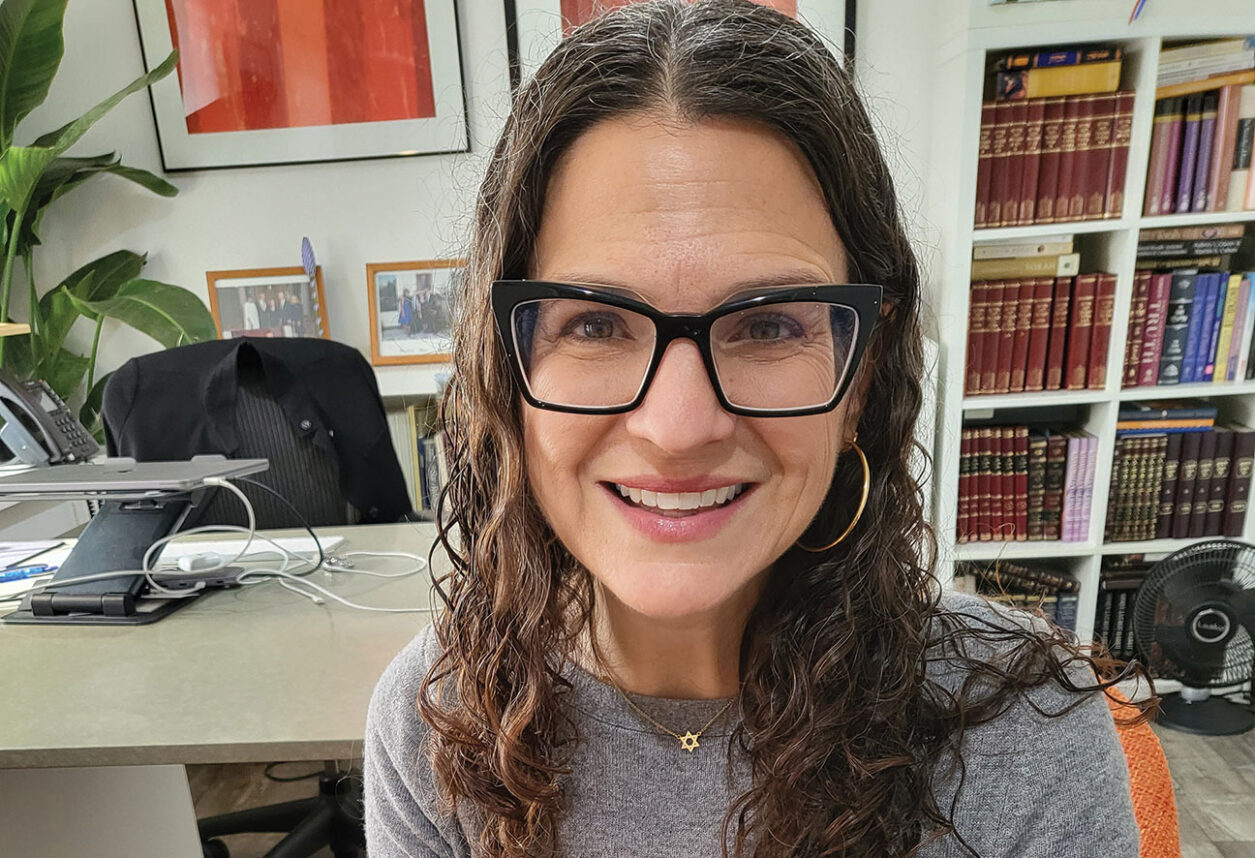
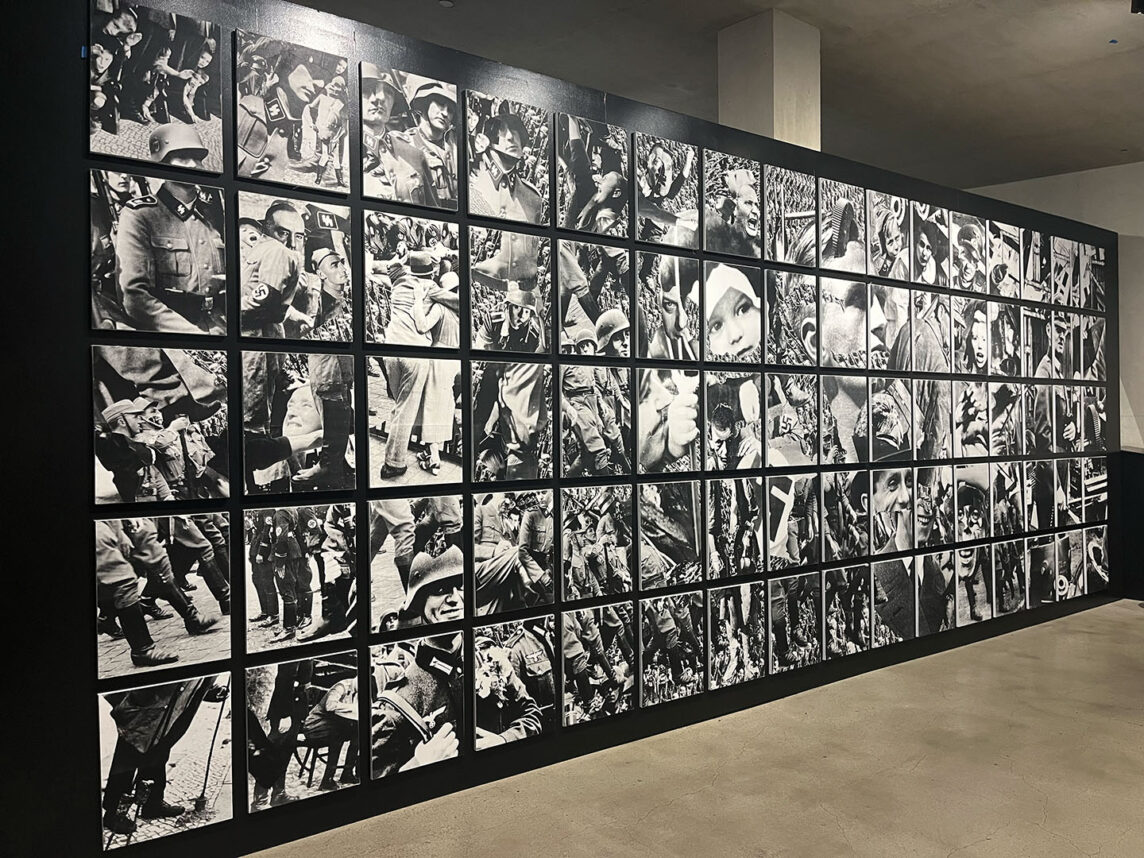




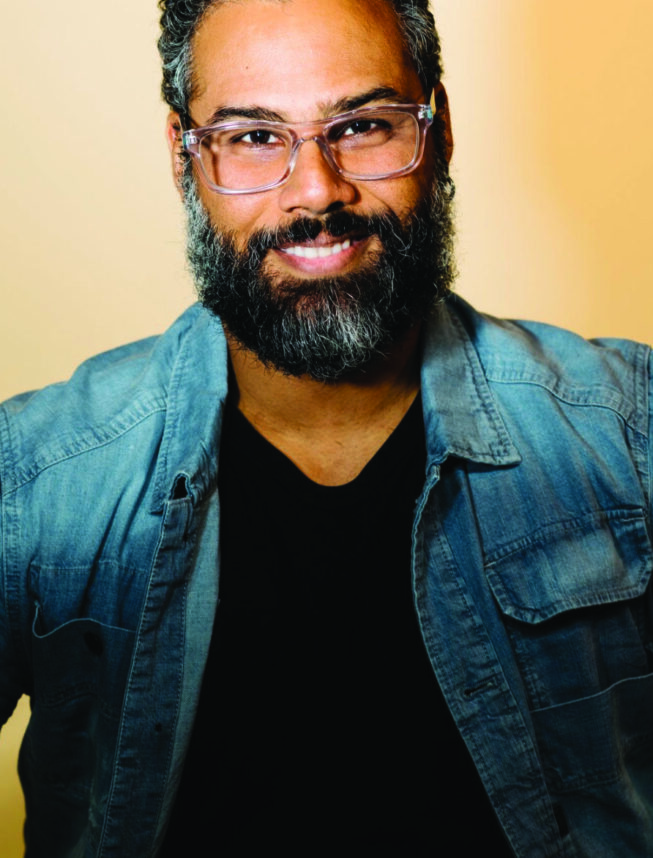


 More news and opinions than at a Shabbat dinner, right in your inbox.
More news and opinions than at a Shabbat dinner, right in your inbox.